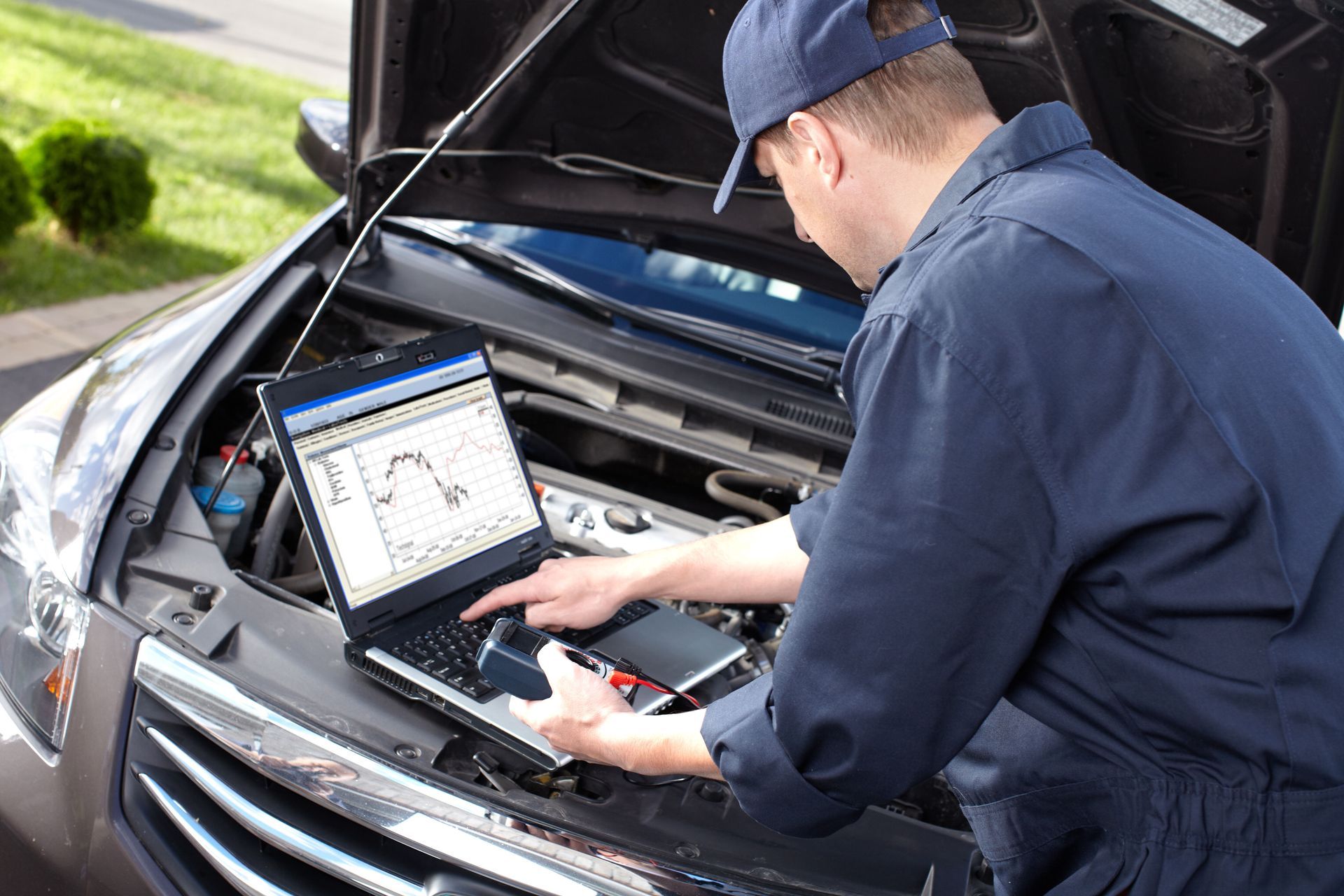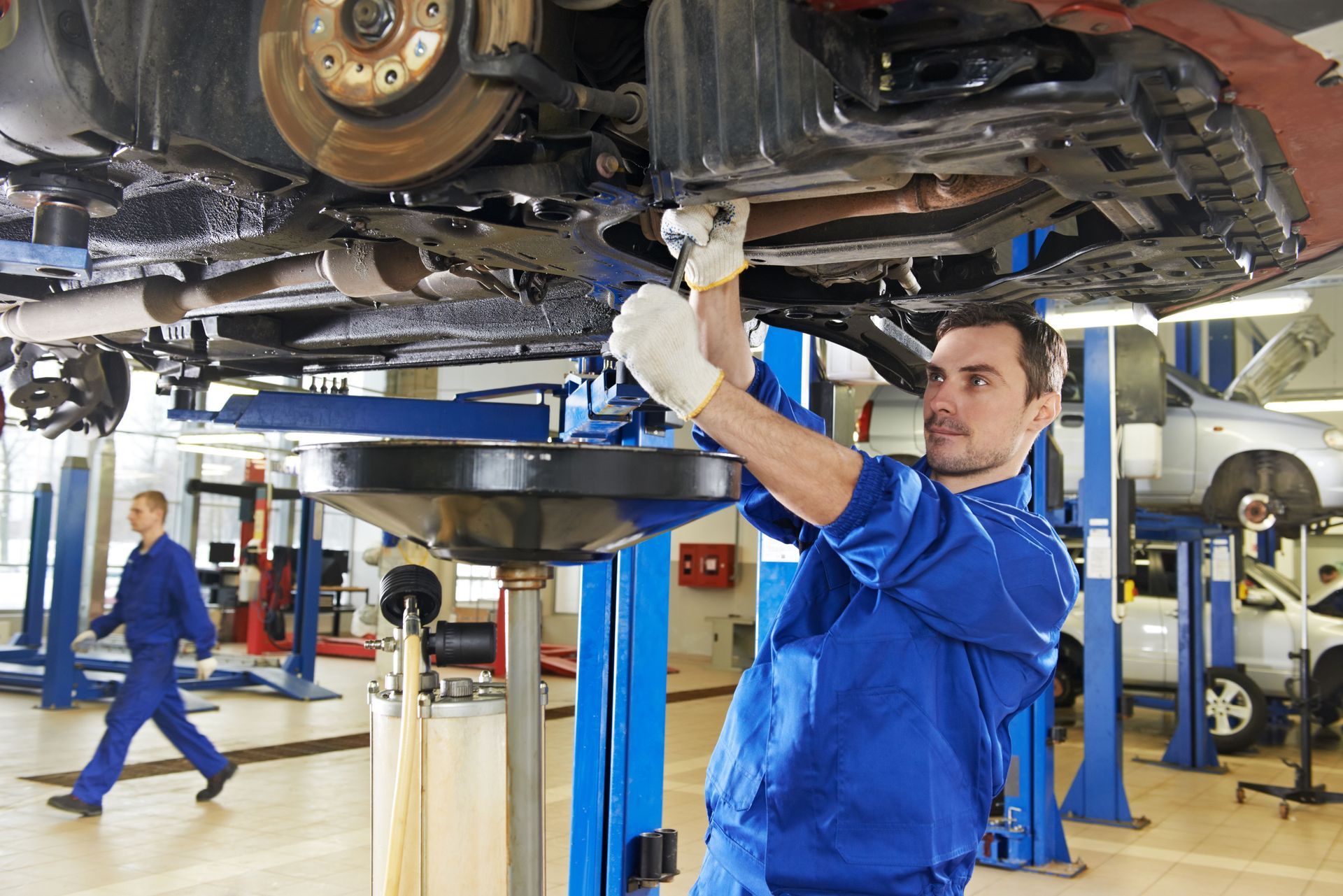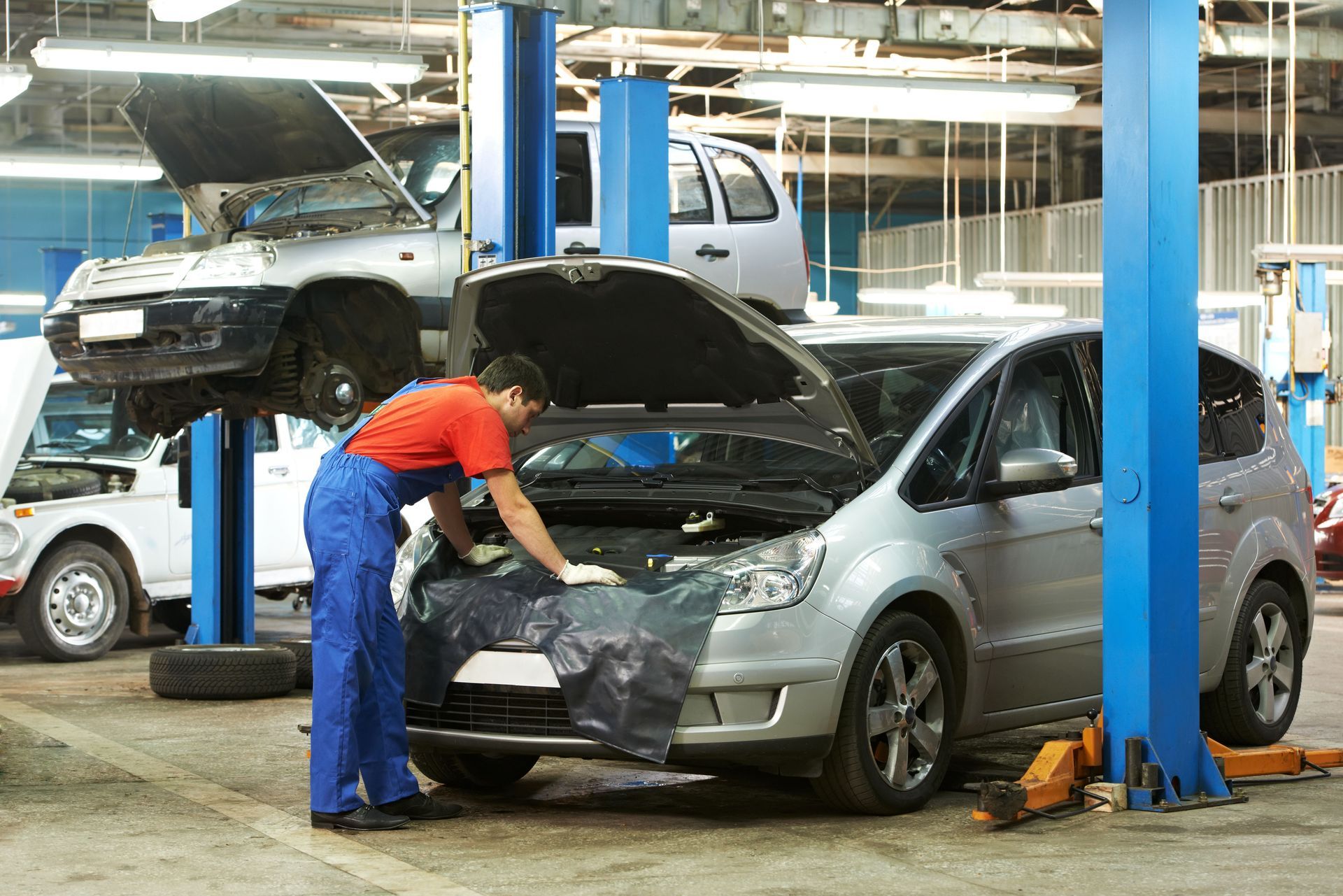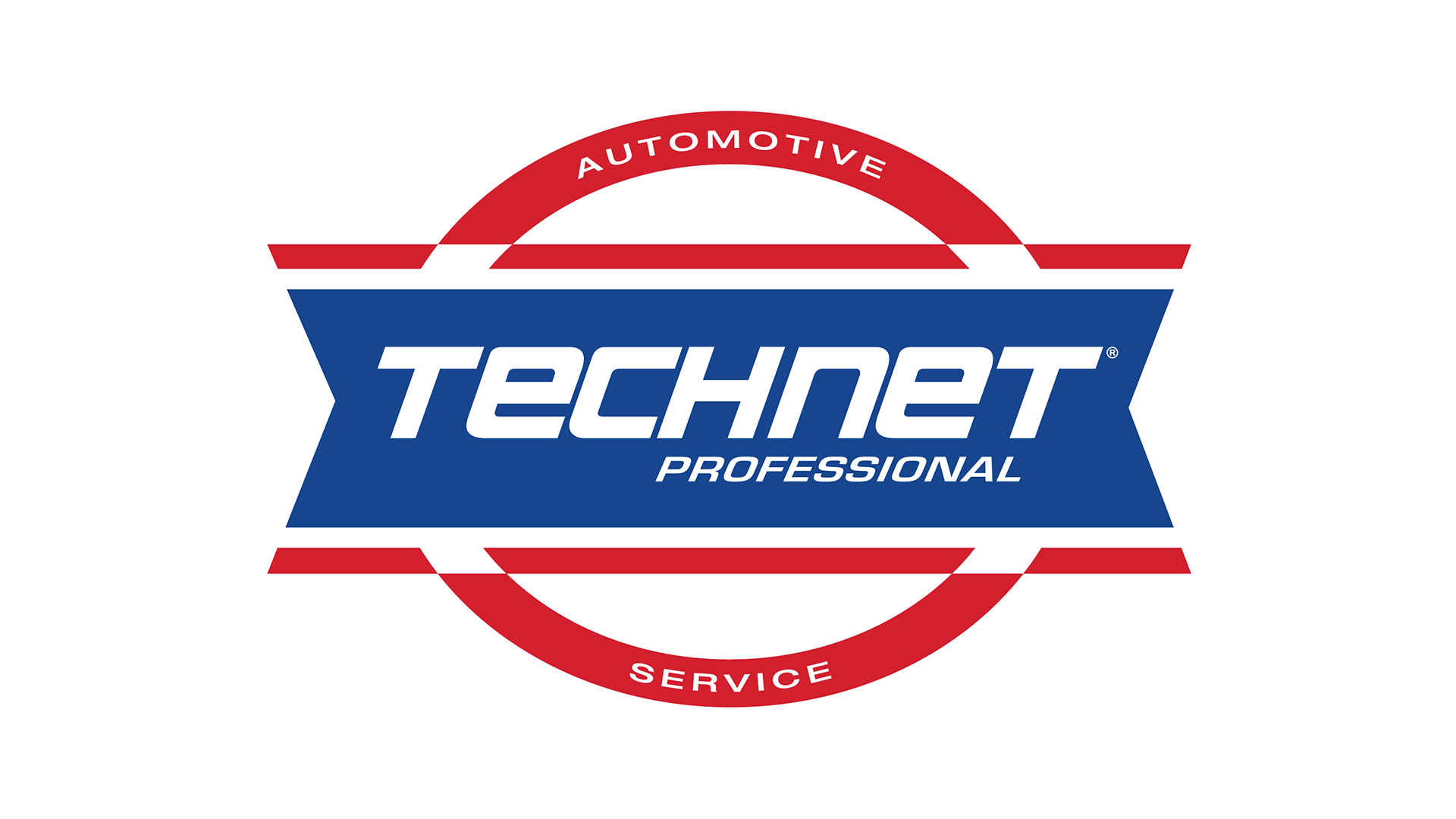3 Ways Regular Auto Maintenance Saves You Thousands
Regular auto maintenance is not just a recommendation but a necessity for every car owner who wants to save money over the long term. With the complexity of modern vehicles, it's paramount to adhere to maintenance schedules to minimize unexpected repair costs. According to Bankrate, car ownership in the U.S. averaged a hidden annual cost of $6,684 in 2024, including maintenance. Through regular checks and routines, car owners can mitigate these costs significantly. This article will shed light on various ways in which consistent auto maintenance, including professional auto maintenance services, can lead to substantial financial savings.
Extending Vehicle Lifespan
A. Importance of Regular Engine Checks
Regular engine checks are pivotal for maintaining an optimum vehicle lifespan. Detecting issues early can prevent major breakdowns, saving thousands of dollars in repairs or replacement. Engine health is crucial, as it’s the heart of any vehicle, and maintaining it guarantees smoother operation and longer service. Routine inspections help spot potential problems that, if left unattended, could lead to more severe damage. By consistently monitoring engine performance, owners can ensure their vehicle remains operational and reliable for many years through proper auto maintenance services.
B. Benefits of Timely Oil Changes
Timely oil changes are integral in reducing engine wear and ensuring the longevity of your vehicle. Fresh oil lubricates engine components efficiently, reducing friction and wear. Neglecting oil changes can lead to sludge buildup, which can significantly degrade engine performance and increase the risk of costly repairs. Regular oil changes also help in maintaining optimal engine temperature, preventing overheating and associated problems. Thus, maintaining a scheduled oil change routine not only ensures a better-performing engine but also contributes to extending the overall lifespan of the vehicle.
C. Role of Tire Rotation and Balancing
Tire rotation and balancing are fundamental maintenance tasks that prolong tire life and improve safety. Uneven tire wear can lead to poor handling and increased risk of accidents, so ensuring even wear helps in maintaining vehicle stability. Balancing tires reduces vibration and prevents premature tire and suspension wear, effectively saving on costly replacements. This regular maintenance can improve the vehicle's fuel efficiency by reducing rolling resistance. Keeping tires in optimal condition ensures a smoother, safer driving experience while saving money on fuel and tire costs over time.
D. Maintaining Proper Fluid Levels
Maintaining proper fluid levels in a vehicle is critical for its optimal performance and longevity. Fluids such as coolant, brake fluid, transmission fluid, and power steering fluid each play vital roles in vehicle operation. Regular checks and refills prevent overheating, reduce friction, and ensure smooth vehicle handling, particularly in braking systems. Allowing fluids to run low or become contaminated can lead to significant damage and costly repairs. By paying attention to fluid levels and maintaining them regularly, vehicle owners can extend their car's lifespan significantly.
E. Impact of Replacing Worn-Out Parts
Replacing worn-out parts frequently can prevent larger failures, which can be costly and dangerous. Parts such as belts, hoses, and spark plugs require regular inspection and replacement to prevent failure. A broken belt in the engine system can lead to catastrophic damage, while failing spark plugs can reduce engine efficiency and power. Regular replacement of these components is a modest investment compared to the potential costs of dealing with major breakdowns. By keeping these parts in optimal condition, car owners can ensure smooth operation and extend the vehicle's life.
Improving Fuel Efficiency
A. Routine Air Filter Replacements
Routine air filter replacements play a significant role in enhancing a vehicle's fuel efficiency. A clean air filter allows the engine to function more effectively by ensuring only clean air reaches the engine, improving combustion efficiency. Clogged air filters reduce airflow, making the engine work harder and burn more fuel, thereby reducing fuel economy. By regularly replacing the air filter, vehicles can achieve better mileage, leading to direct savings on fuel costs. This simple maintenance step maximizes performance and contributes to lowering the overall expenses on car ownership.
B. Ensuring Correct Tire Pressure
Ensuring correct tire pressure is crucial for optimal fuel efficiency and vehicle safety. Under-inflated tires increase rolling resistance, forcing the engine to use more fuel to move the vehicle. Regularly checking and maintaining the recommended tire pressure can improve gas mileage by up to 3%, according to studies. This practice not only saves money at the pump but also prolongs the life of the tires, further reducing overall maintenance costs. Proper tire pressure enhances vehicle handling and prevents premature wear, contributing to safer and more economical driving.
C. Impact of Regular Engine Tune-Ups
Regular engine tune-ups are essential for maintaining fuel efficiency and vehicle performance. During tune-ups, technicians adjust parts of the engine and ignition systems ensuring the engine runs optimally. This service can identify issues early, preventing major repairs and improving fuel economy. By addressing components like spark plugs and fuel injectors during tune-ups, vehicles can achieve consistent engine performance. Investing in regular tune-ups mitigates the risk of breakdowns and improves overall fuel efficiency, resulting in long-term savings through professional auto maintenance services.
D. Benefits of Fuel System Cleaning
Regular fuel system cleaning helps maintain a vehicle's fuel efficiency by removing deposits and preventing clogs. Deposits in the fuel system can cause inefficient combustion, leading to increased fuel consumption and reduced power. Periodic cleaning ensures that injectors and other components run smoothly, maximizing mileage. Using professional fuel system cleaners, these deposits are removed, restoring power and performance. By keeping the fuel system clean, car owners can avoid costly repairs and improve fuel efficiency, ultimately saving money on fuel and maintenance.
E. Alignments and Their Effect on Fuel Economy
Wheel alignments are crucial for minimizing tire wear and improving fuel efficiency. Misaligned wheels cause the vehicle to pull to one side, leading to uneven tire wear and increased fuel consumption as the vehicle needs more power to drive straight. Regular alignments ensure the wheels are set to manufacturer specifications, providing optimal handling and reducing resistance. Proper alignment also reduces wear on suspension components, extending their lifespan and reducing repair costs. Aligning wheels as part of regular maintenance maximizes fuel efficiency and vehicle performance, leading to significant savings over time.
Preventing Expensive Repairs
A. Early Detection of Issues
Conducting regular inspections allows early detection of potential issues, preventing them from developing into expensive repairs. Identifying problems when they are minor allows for less costly interventions and repairs. For instance, noticing unusual sounds or vibrations can lead to swift actions that save substantial amounts on extensive repairs later. This proactive approach emphasizes prevention rather than replacement, avoiding major system failures. Regular check-ups provide peace of mind, ensuring that small issues don’t become significant financial burdens. Partnering with experts who offer auto maintenance services can make this process even more effective.
B. Regular Brake Inspections
Regular brake inspections are essential to ensure safety and prevent costly repairs. Brakes that aren’t checked frequently can lead to gradual deterioration, resulting in expensive repairs such as rotor replacements. Identifying worn brake pads early prevents damage to other brake components, ultimately keeping repair costs low. Properly functioning brakes provide reliable stopping power, crucial for safety and reducing accident risks. By incorporating brake inspections into regular vehicle maintenance, drivers can prevent minor wear from escalating, saving money on major repairs and ensuring a safer driving experience.
Regular auto maintenance is undeniably beneficial in reducing long-term costs and enhancing vehicle safety. By adopting consistent maintenance practices, car owners can significantly cut down on expensive repairs, improve fuel efficiency, and extend their vehicle's lifespan. Embracing these practices not only leads to substantial financial savings but also enhances road safety and promotes environmental responsibility. With the hidden annual costs of car ownership averaging $6,684 in the U.S., regular maintenance is a wise investment that yields both immediate and long-term benefits. Car owners are encouraged to commit to regular auto maintenance services, ensuring reliability, safety, and value in their automotive endeavors. If you need trusted auto maintenance services, make sure to contact Red's Garage today!





Share On: